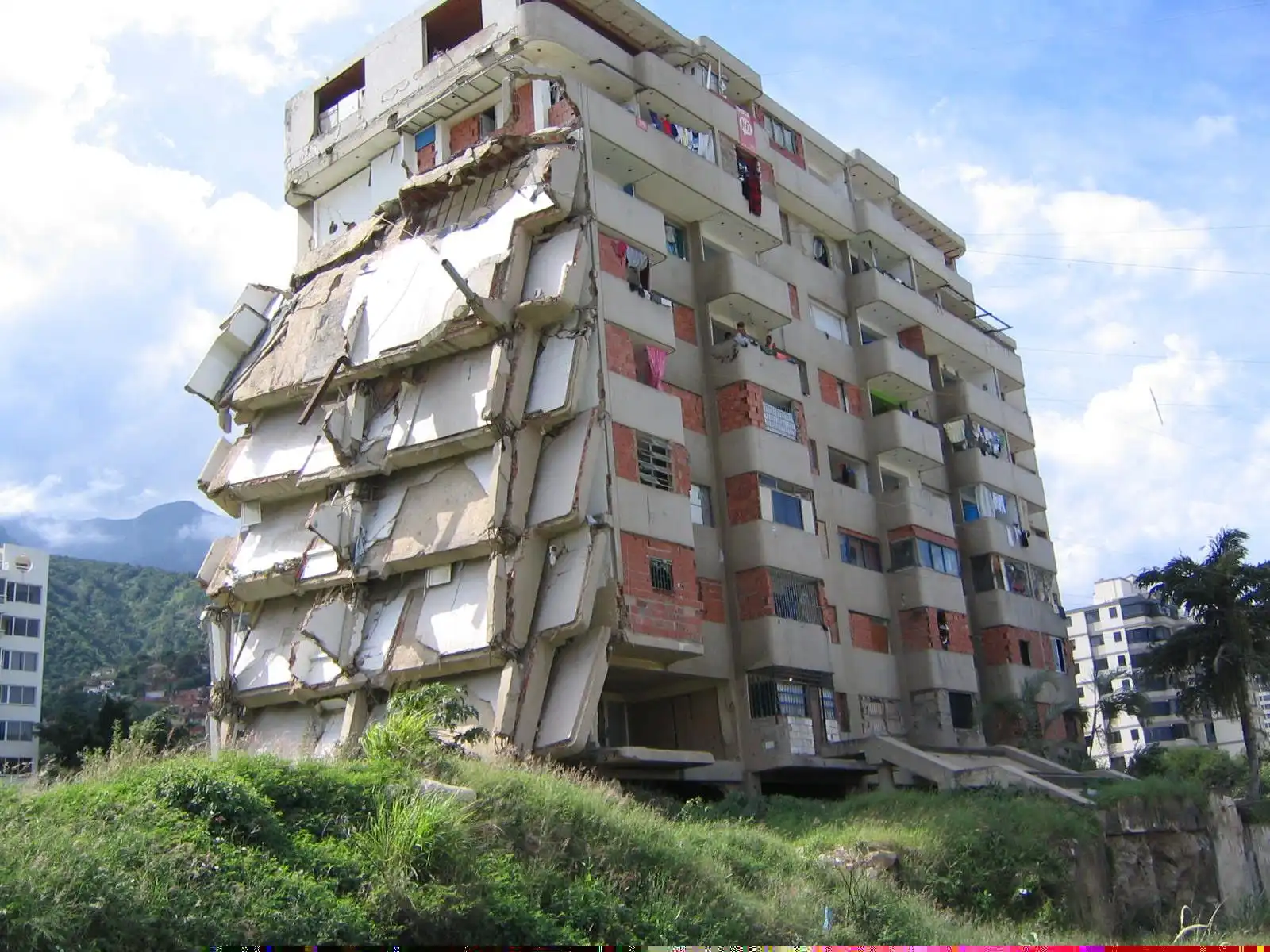
Accueil>Recherche>Groupes de recherche et séminaires>Catastrophes et risques
Catastrophes et risques
À propos

Ce séminaire, animé au CERI par Sandrine Revet, Valérie November, et Cassandre Rey-Thibault (CEE), contribue à l’axe de recherche « Violences et gestion du danger ». Depuis 2009, le séminaire Catastrophes et risques permet de faire dialoguer des travaux de différentes disciplines autour des questions posées par les catastrophes et les situations de risques. Il vise à poser les jalons de leur dialogue en sortant l’étude des catastrophes de leurs spécificités (catastrophes « naturelles », « technologiques », drames sanitaires, catastrophes nucléaires etc) et en proposant des réflexions comparées. Le séminaire place les recherches empiriques sur les catastrophes et leur gestion (planification / anticipation, réduction des risques, gestion de crise, post-catastrophe) au cœur de la discussion.
En 2026, le séminaire propose de réfléchir aux catégories de catastrophes, risques et crises à partir des questions qu’elles posent en termes de temporalités. A partir d’études de cas empiriques variées nous souhaitons explorer les processus d'élargissement, de dilution, ou de transformations des temporalités des catastrophes. L’analyse des risques et des catastrophes dépasse depuis plusieurs années les approches initiales « événementielles », ou « cycliques », et témoigne de leurs inscriptions temporelles plus variées et complexes. C’est ainsi que les « slow onset disasters » ou “creeping disasters” décrivent les phénomènes s’aggravant dans le temps, que de nombreux cas de catastrophes récurrentes et normalisées sont documentés, que les phases d’émergence, d’anticipation et de préparation aux catastrophes apparaissent cruciales pour comprendre celles-ci, quand d’autres travaux mettent en lumière la dilution des temporalités post-crise dans les processus longs de réparation, où la catastrophe peut se prolonger.
Le séminaire permettra de poser des questions de méthode, en multipliant les entrées disciplinaires : histoire, sociologie, anthropologie, géographie, sciences politiques, etc.
Réseaux
Liste de diffusion Info Catastrophes et risques animée par Sandrine Revet.
Inscription à la liste de diffusion Catastrophes Risques Voir les mentions légales
Programme
2026
Mercredi 24 février 2026, 16h-18h
CERI, 28 rue des Saints-Pères, Paris7e, sallePierre Hassner
Sébastien Nobert, Associate Professor in the Politics of Climate Change and Climate Practices, Leeds, UK
Distorsions et collisions : analyser les processus temporels dans la gestion des risques
Mercredi 11 mars 2026, 16h-18h
CERI, 28 rue des Saints-Pères, Paris7e, salle Pierre Hassner
Piero Tellerias, Docteur associé, Centre Européen de Sociologie et de Science politique, Paris 1
Importer l'introuvable : fictions, réinventions et temporalités du programme Community Emergency Response Team aux États-Unis et au Chili (1985-2020)
Mercredi 25 mars 2026, 16h-18h
CERI, 28 rue des Saints-Pères, Paris7e, salle Pierre Hassner
Elisabetta Dall’Ò, Postdoctoral Research Fellow, Social and Cultural Anthropology, University of Parma, DUSIC
Changements climatiques comme catastrophes de longue durée: le cas du Mont Blanc
Présentation basée sur son ouvrage : Il cambiamento in-visibile. Antropologia dei cambiamenti climatici nel cuore delle Alpi (Rosenberg & Sellier)
Mercredi 6 mai 2026 2026, 16h-18h
Arthur Guerin-Turcq, Ater en géographie à Sorbonne université
Habiter les cendres. Approche géographique du post-incendie dans la forêt des Landes de Gascogne
Mercredi 20 mai 2026, 16h-18h
CERI, 28 rue des Saints-Pères, Paris7e, salle Pierre Hassner
Elizabeth McAfee, Postdoctoral researcher at Rijksuniversiteit Groningen
Mercredi 10 juin 2026, 16h-18h
CERI, 28 rue des Saints-Pères, Paris7e, salle Pierre Hassner
Jeanne Bouillet, masterante en anthropologie, EHESS
Se soucier des objets victimes de catastrophe : ethnographie d’une recyclerie dans la préfecture de Fukushima
Travaux
Le séminaire a abordé les thématiques suivantes : Catastrophes, risques et sciences sociales (2009-2011, avec Julien Langumier) ; Simulations (2011-2012, avec Marc Elie et Frédéric Keck).
En 2012-2013, trois journées thématiques ont été organisées : Haïti : après la catastrophe ; Sciences et désastres ; Catastrophes et religions.
Entre 2012 et 2014, le groupe s’est associé avec Sophie Houdart et Vanessa Manceron du Laboratoire d’ethnologie et de sociologie comparée (LESC) de Nanterre pour animer le séminaire La mesure du danger. En 2015, en collaboration avec Alain Musset du Centre de recherches historiques de l’EHESS et Virginia Garcia Acosta du CIESAS au Mexique, il a abordé la thématique "Dialogues et discours croisés : catastrophes et interdisciplinarité", et en 2016-2017, avec Vanessa Manceron, celle de "Ce que le droit fait à la « nature ». Catastrophes, risques, environnement et justice".
Le groupe de recherche est actuellement impliqué dans le projet ANR RAVEX. Au CERI, Jan Wörlein, chercheur post-doctorant, vient consolider l’équipe. Outre la préparation de l’enquête en Martinique, il est en charge de la coordination de l’équipe sciences sociales de ce projet multidisciplinaire.
Responsables

- Sandrine Revet, Directrice de recherche, Sciences Po
- Valérie November
- Cassandre Rey Thibault
Suivez-nous
Nous contacter
Contact Média
Coralie Meyer
Tel: +33 (0)1 58 71 70 85
coralie.meyer@sciencespo.fr
Corinne Deloy
Tel: +33 (0)1 58 71 70 68
corinne.deloy@sciencespo.fr
